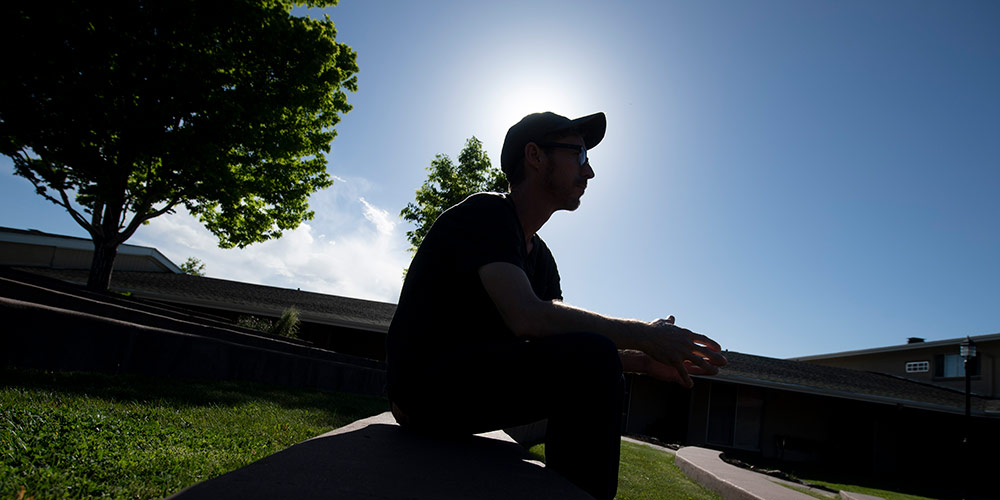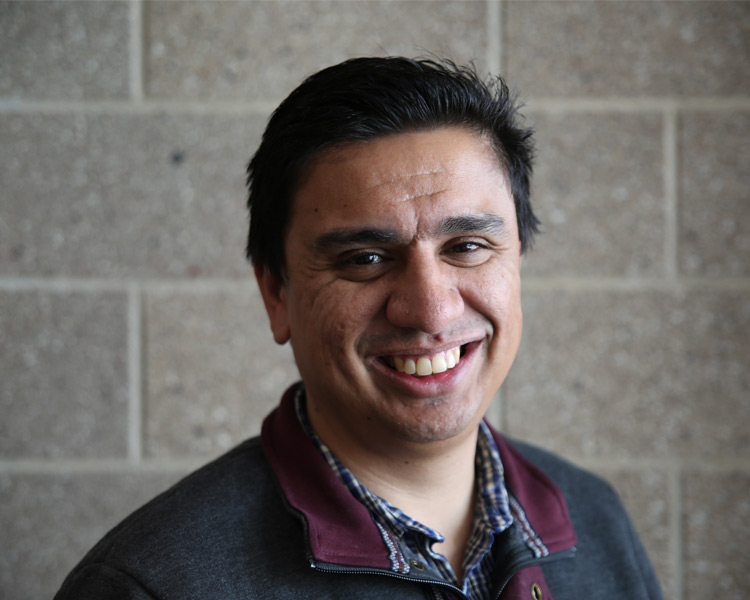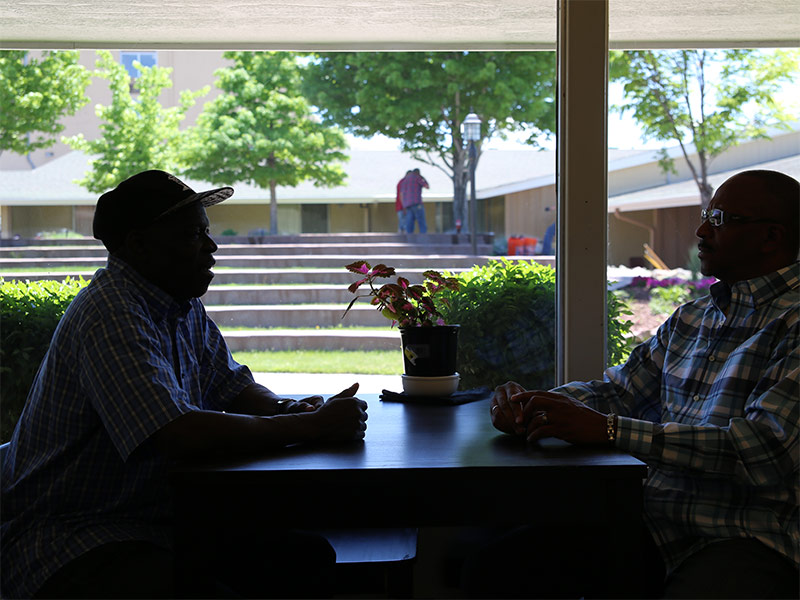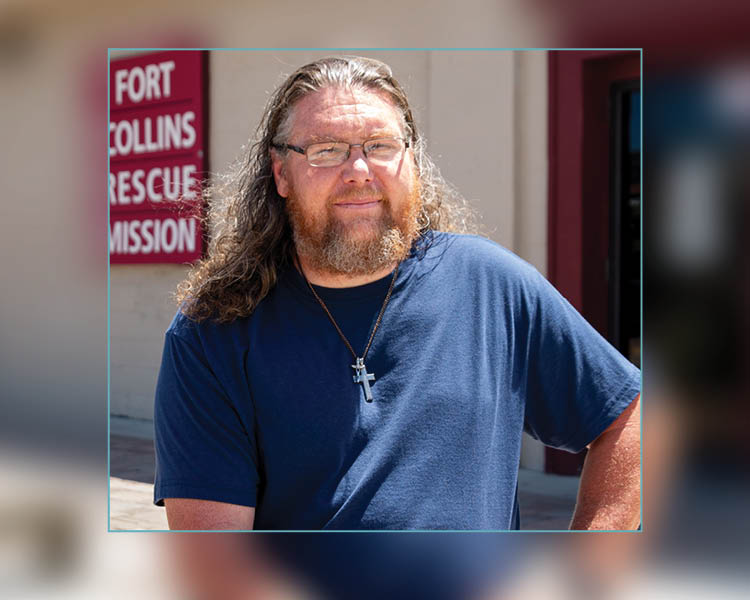
Trauma is defined as a deeply distressing or disturbing experience. Many of the individuals who come to Denver Rescue Mission for help have faced trauma in the past, whether during childhood, through unstable living conditions or in the process of losing housing and experiencing homelessness as a result. Trauma-informed care involves understanding the effects of trauma and helping survivors rebuild control and empowerment. Our goal at the Mission is take a trauma-informed approach when working with participants in our rehabilitation and transitional programs. Jonathan Soweidy, director of residential programs, shares how:
Staff Training
Through a partnership with the City of Denver, we provide quarterly training in trauma-informed care for staff. The course explains the cognitive, behavioral and emotional impact of trauma and teaches skills in engaging with and caring for individuals who have been affected.
Understanding Participants
During initial intake conversations, our staff conducts an Adverse Childhood Experience (ACE) survey to learn more about individuals and the experiences of their youth. We also use a self-sufficiency matrix, which focuses on a participant’s family and social relations, life skills, legal history, mental health, and more. These resources provide a framework that guides the counseling team, case managers and other staff when working with participants.
Counseling
Counseling is a requirement for adults in our program, which allows our counseling team to work through their clinical histories and provide a safe space for them to talk about past experiences. We encourage them to continue receiving long-term counseling after they graduate. We also offer “processing groups” for teenagers to give them the ability to share, and we offer one-on-one counseling for youth upon request.
Person-First Language
When interacting with participants, we use inclusive, person-first language. We do not define people as their behavioral issue. For example, we try not to use the words “addicts” or “alcoholics.” Instead, we say that an individual is addicted to alcohol or has a substance use disorder.
Voice, Choice and Self-Advocacy
We give participants opportunities to speak their truths, share their experiences and be heard throughout the duration of their program. For example, they have the option to file grievance reports, allowing them to make comments and complaints during their time at the Mission.
Clarity
Trauma-informed care aims to lower the barriers that may prevent an individual from engaging in services or treatment. A lack of information creates uncertainty, which leads to misunderstandings, so we set clear expectations from the start to make sure participants know their rights and responsibilities while in the program.
Experiencing trauma can escalate to other issues, which is why connection is essential. Participants have many different touch points during their time at the Mission, including time spent with counselors, chaplains, case managers, mentors, front desk staff, and more, which creates opportunities for them to share what they’re going through and stay connected to a support system. At the Mission, our staff aims to take a trauma-informed approach from the start of a participant’s journey to the time they graduate. We strive to always use person-first language, make participants feel comfortable, heard and supported, and treat every individual with dignity.

Jonathan Soweidy is the director of residential programs at Denver Rescue Mission and has worked in mental health residential programs and case management in Denver for 18 years. Before working at the Mission, he worked at the CU Anschutz Medical Campus leading their Office of Case Management and Behavior Intervention teams. He holds a Master of Science in organizational development and is an instructor in mental health first aid.









